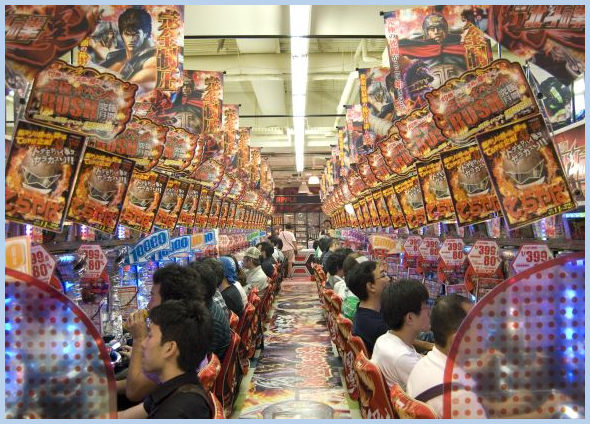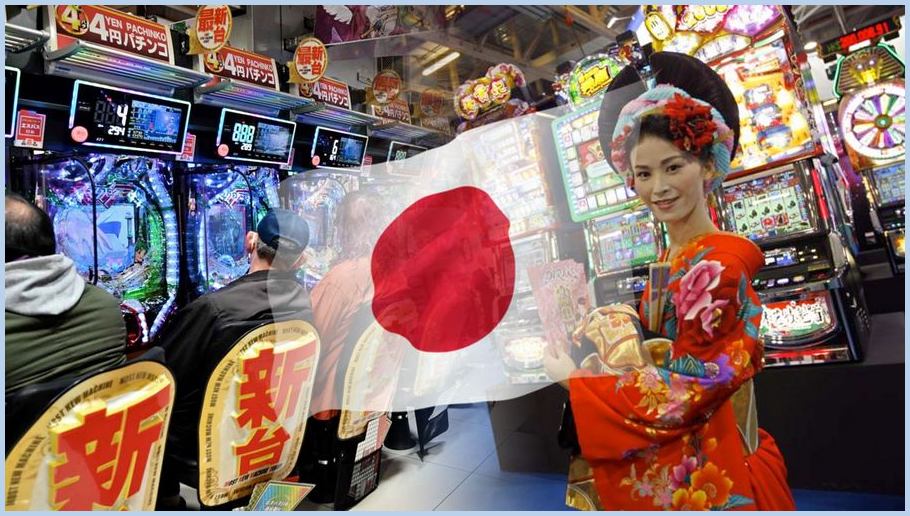Japan has a complex relationship with gambling. On one hand, games of chance have permeated Japanese culture for centuries. On the other, most forms of betting remain strictly forbidden to this day. However, change seems inevitable as the government moves to permit casino gambling for the first time. This guide unravels Japan’s unique gambling landscape.
∗∗∗
Highlights
● Private gambling is largely banned under Japan’s 1907 Criminal Code
● Exceptions made for public sports betting and some arcade games
● New integrated resorts law passed in 2018, allowing casinos
● Only three integrated resort licenses to be granted nationwide
● First legal casinos expected to open in Osaka and Nagasaki by 2030
● Japanese strongly embrace legal gambling options already available
● Illegal gambling and influence of yakuza syndicates still an issue
∗∗∗
The Legal Landscape
Japan banned most forms of gambling in 1907, making exceptions only for select public sports contests and arcade amusements. This remains the case today, with private gaming operations strictly prohibited under Article 185 of the Criminal Code. Offenders face up to 500,000 yen in fines.
However, the tides turned in 2018 as the government passed its long-awaited integrated resorts (IR) law. This legislation carves a narrow path for casino gambling within strictly regulated, Vegas-style complexes that combine casinos with hotels, restaurants, theaters and other attractions.
Here are key takeaways regarding the IR law:
● Initially allows up to three integrated resort licenses
nationwide
● Osaka, Nagasaki and Wakayama prefectures submitted bids

● Bids still awaiting final approval and license issuing
● First resorts could open by late 2020s in Osaka and Nagasaki
Locals will pay an entrance fee of 6,000 yen ($46) per visit and undergo identity checks. Once inside, they face caps of 10 visits per month and three visits per week. No stand-alone casinos will be permitted.
Online gambling remains illegal even after the new law takes effect. Penalties can include fines and imprisonment. However, enforcement tends to focus on providers rather than players.
∗∗∗
Japan’s Gambling Culture
Gambling prohibition has not stopped Japanese consumers from seeking out games of chance. In fact, lawful betting on public sports generates about $26 billion yearly, with horse racing contributing over 80 percent.
Visitors to Japan will also find over 12,000 pachinko halls nationwide. These noisy, chaotic parlors operate in murky legal territory, allowing players to exchange prizes for cash at neighboring shops. Turnover may exceed $140 billion, dwarfing Las Vegas and Macau combined.
While the government cites gambling addiction in justifying restrictions, demand seems set to explode once casinos open. Analysts predict Japan’s gaming revenue could eventually approach half that of Macau.
∗∗∗
Oversight and Enforcement
The Casino Regulatory Commission (JCCR) oversees licensing and supervision of integrated resort operators. The multi-agency body focuses on problem gambling prevention and keeping organized crime out of the industry.
However, the ongoing influence of yakuza
syndicates casts doubt on the government’s ability to regulate gambling. These groups reportedly reap over $10 billion yearly from drug trade, extortion and illegal casinos. Insiders worry they have already infiltrated pachinko halls nationwide.

Corruption has also threatened progress on integrated resorts. In 2020, ruling party lawmaker Tsukasa Akimoto was jailed for taking bribes from a Chinese gaming firm interested in the upcoming market.
∗∗∗
Conclusion
Gambling holds an uneasy position in Japan. On one hand, betting on public sports and pachinko halls thrive due to popular demand. On the other, most gaming remains banned, with organized crime and corruption hindering regulation.
The dawn of legal casinos signals a structural shift that will reshape gambling nationwide. However, it remains to be seen whether the social and economic benefits outweigh the costs. If Japan can somehow strike that delicate balance, integrated resorts may lift the industry to spectacular new heights.
∗∗∗